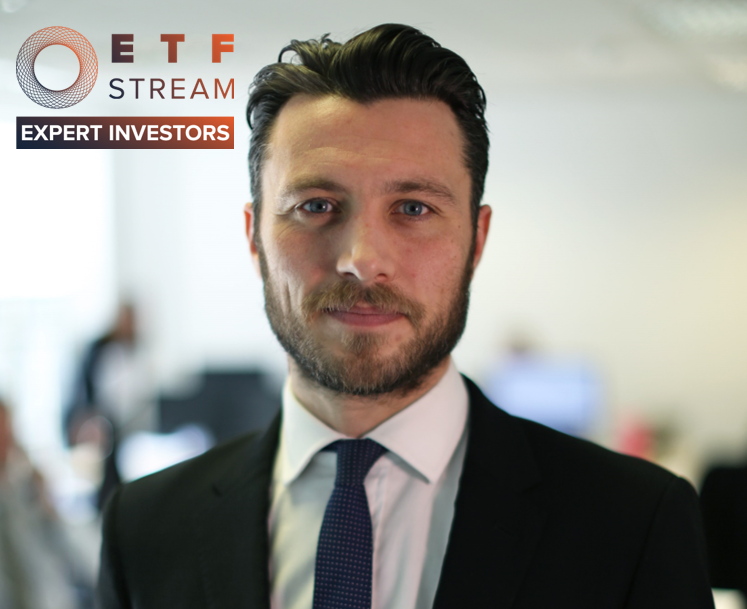Expert investors is a new series
brought to you by ETF Stream where on a fortnightly basis we interview the key individuals from across the fund selection and research space about the ETF industry.
Fund selection plays a crucial role in portfolio construction. Once the asset allocation decision has been made, these individuals need to decide how they want to be exposed, be it through a mutual fund, investment trust or ETF.
Over the years, ETFs are becoming an increasingly important part of any investors’ toolkit. This series will show how the key players across the fund selection space use ETFs in their portfolios while asking what more can be done by the ETF providers to help with this increasing adoption.
Next in the hot seat is James Sullivan, managing director of MitonOptimal. Sullivan joined MitonOptimal after the company acquired Coram Asset Management, which he founded in 2014.
He started his career in financial services 1999 as a founding member of iimia, which ended up acquiring a number of businesses including Exeter Fund Managers, Miton Asset Management and Midas Capital Partners.
How much of your portfolio is made-up of ETFs/index funds?
There is approximately 50% of our net assets within index funds of one variety or another. At present, we feel this blend of index funds and active investments serves us well, but we reserve to right to amend the exposures should the backdrop dictate.
When did you start investing in ETFs?
As a team, we have been investing in ETFs for many years, utilising the commodity-based ETFs in the early days, before moving more aggressively into mainstream equity and fixed income ETFs around three years ago.
The explosion of options within the market allows us to exploit index pricing inefficiencies with precision, while also enjoying the variation of rule-based ETFs that fit our asset allocation. What appeals, is the rigid nature of the rules-based approach with ETFs, therefore removing the risk of style drift.
Which asset classes do you tend to invest in through ETFs?
ETFs are utilised across the asset class spectrum, but there is a tendency to use them where markets are more developed and we wish to buy the market beta. The structure of many Asian and emerging market indices, often do not lend themselves to passive only investing as many opportunities are in the true domestic stocks that lurk much further down the market cap spectrum.
Within fixed income, with yields remaining so low, paying a full-fat active fee in this space can represent a material percentage of the return on offer, so utilising ETFs to access the point of the curve that suits our profile and can be a more rewarding experience for our clients.
Which areas would you avoid?
A number of emerging markets have a large weighting towards a small number of sectors - whether that be financials or mining - or indeed heavy exposure to state-controlled enterprises. Neither is particularly appealing, therefore an ETF simply tracking such an index is likely to rank below an active pursuit of exposure to that region.
What ETF products would you like to see more of?
Thematic ETFs offering focussed exposures to themes that we wish to exploit.
Expert investors is a new series brought to you by ETF Stream where on a fortnightly basis we interview the key individuals from across the fund selection and research space about the ETF industry.
To read the previous edition of Expert Investors with Dan Kemp of Morningstar, click here.



